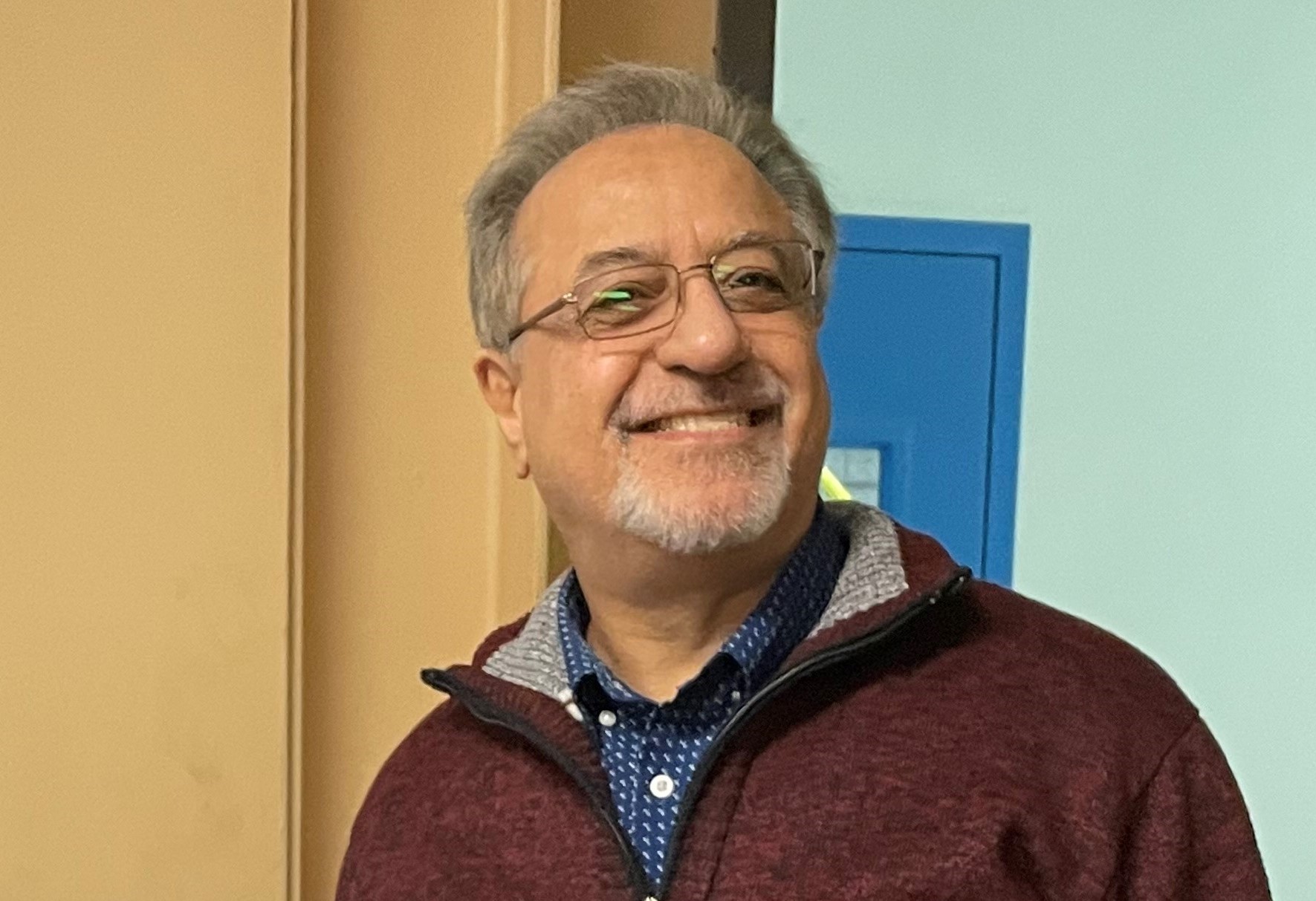2025 AOCS Annual Meeting & Expo.
Processing
Thermo-Sensitive Powder Drying - Utilizing a Thin Film Evaporator to Replace or Enhance a Spray or Freeze Dryer

Perry Alasti (he/him/his)
Senior Vice President and Chief Technology Officer
Artisan Industries Inc
Stoughton, MA, United States
Perry Alasti
CTO
Artisan Industries
Stoughton, Massachusetts, United States
Presenting Author(s)
Co-Author(s)
Drying thermo-sensitive materials presents significant challenges across industries such as food, nutraceuticals, and pharmaceuticals. This presentation examines thin-film evaporation (TFE) as an alternative to conventional drying techniques like spray drying and freeze drying, both of which often involve high energy costs and extended processing times.
Operating under deep vacuum (5–50 torr) with short residence times, thin-film evaporators enable effective drying while preserving the integrity of heat-sensitive materials. The process supports higher operating temperatures without causing product degradation, achieving high yields and purity while minimizing waste and energy consumption.
The discussion includes the principles of TFE, highlighting its high heat and mass transfer efficiency, compact equipment footprint, and continuous processing capabilities. A case study demonstrates its application in drying buffered vinegar, achieving a substantial reduction in energy use compared to spray drying.
The presentation also explores the constraints of drying with TFE, particularly the impact of material properties. Materials that readily form brittle solids or crystals are well-suited for this method, while those prone to glassy transitions or stickiness may require pre-concentration. The importance of pilot-scale testing is emphasized, providing insights into material behavior and process scalability.
This analysis underscores the potential of thin-film evaporation to address the limitations of traditional drying methods. By offering an energy-efficient and effective approach to drying thermo-sensitive materials, TFE presents a valuable tool for improving processing efficiency and product quality across various applications.

.png)